“To find anything exciting, one has to cultivate awareness … You may not always find what you’re seeking, but the point is to be looking. Let your mind wander too far afield, and you’ll miss the grand slam …”
—Jeffrey Lockwood, from the essay “Pace Yourself” in the Summer 2014 edition of Conservation
Gearhart photographer Neal Maine would like to invite you on a meadow walk with writer and visionary conservationist Aldo Leopold (1887-1948).
How?
Well, you can take a virtual walk by scrolling through the following photos, nearly all of which Neal took over several visits to NCLC’s Neawanna Point Habitat Reserve, and reading these quotes from Leopold’s writing.
Or grab one of the quotes that speaks to you, print it out or commit it to memory, and go take a walk in a meadow somewhere—any meadow, anywhere. Resist the temptation to ID the plants and animals you see. “Don’t get caught up in what it is, whether it’s a bee or an ant,” Neal says. “Sometimes when you go to a meadow, you think there’s not much going on there. But there’s a whole system going on there.” As Leopold himself once wrote, “Like all real treasures of the mind, perception can be split into infinitely small fractions without losing its quality. The weeds in a city lot convey the same lesson as the redwoods; the farmer may see in his cow pasture what may not be vouchsafed to the scientists adventuring in the South Seas.”
Enjoy.
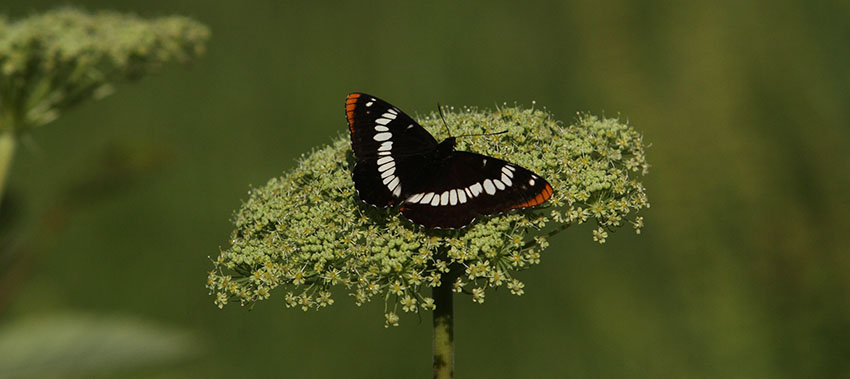
To those devoid of imagination, a blank place on the map is a useless waste; to others, the most valuable part.
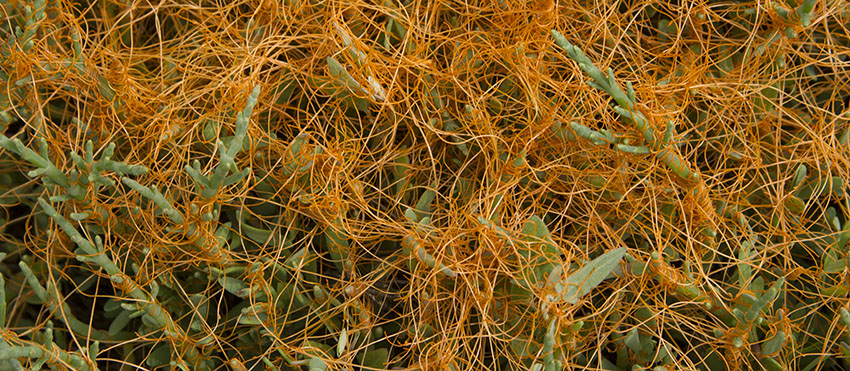
When we hear [the crane’s] call we hear no mere bird. We hear the trumpet in the orchestra of evolution. He is the symbol of our untamable past, of that incredible sweep of millennia which underlies and conditions the daily affairs of birds and men.
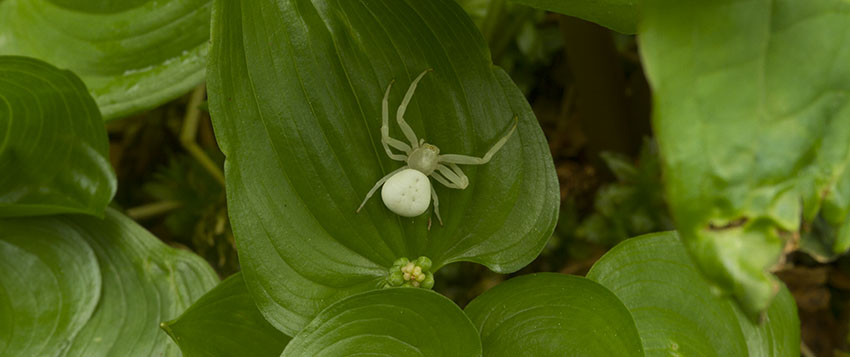
If the land mechanism as a whole is good then every part is good, whether we understand it or not … To keep every cog and wheel is the first precaution of intelligent tinkering.
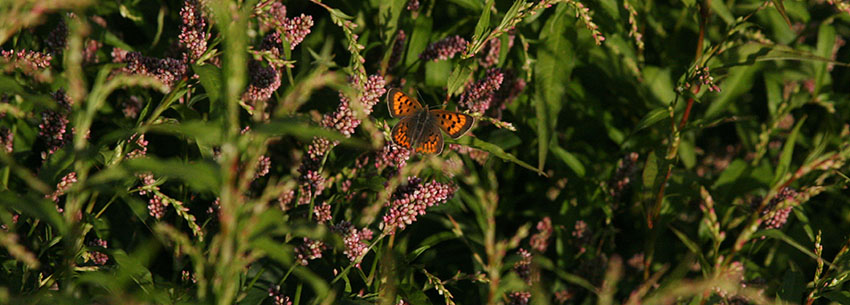
Like winds and sunsets, wild things were taken for granted until progress began to do away with them. Now we face the question whether a still higher “standard of living” is worth its cost in things natural, wild and free.
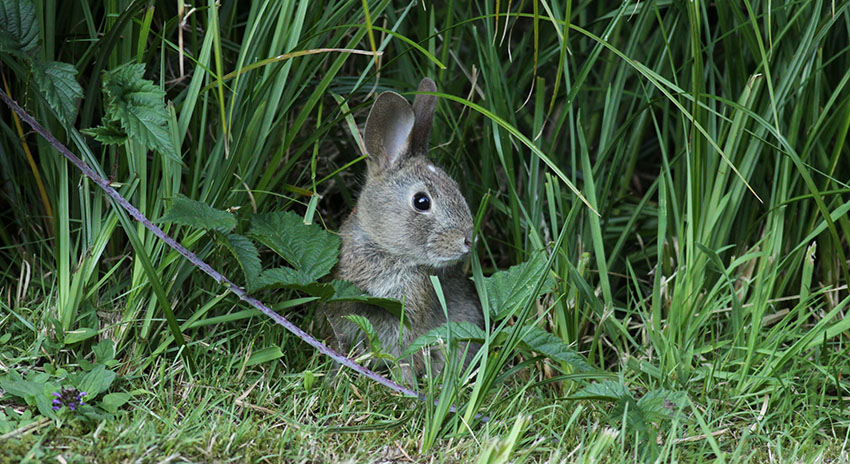
Our ability to perceive quality in nature begins as in art with the pretty. It expands through successive stages of the beautiful to values as yet uncaptured by language. The quality of cranes lies, I think, in this higher gamut, as yet beyond the reach of words.

Whoever invented the word “grace” must have seen the wing-folding of the plover.
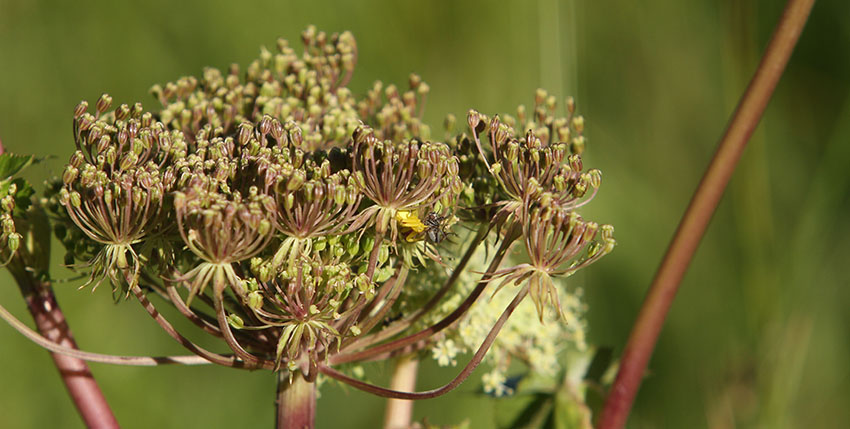
In country, as in people, a plain exterior often conceals hidden riches, to perceive which requires much living in and with.

The time has come for science to busy itself with the earth itself. The first step is to reconstruct a sample of what we had to start with.
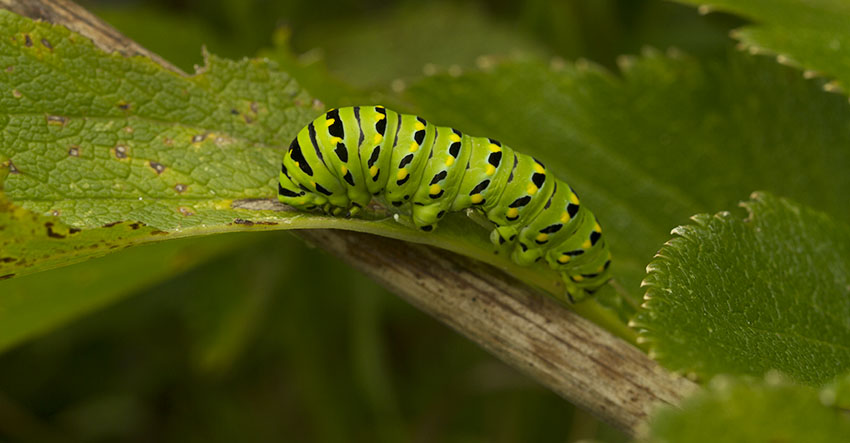
All ethics so far evolved rest upon a single premise: that the individual is a member of a community of interdependent parts. The land ethic simply enlarges the boundaries of the community to include soils, waters, plants and animals, or collectively the land.
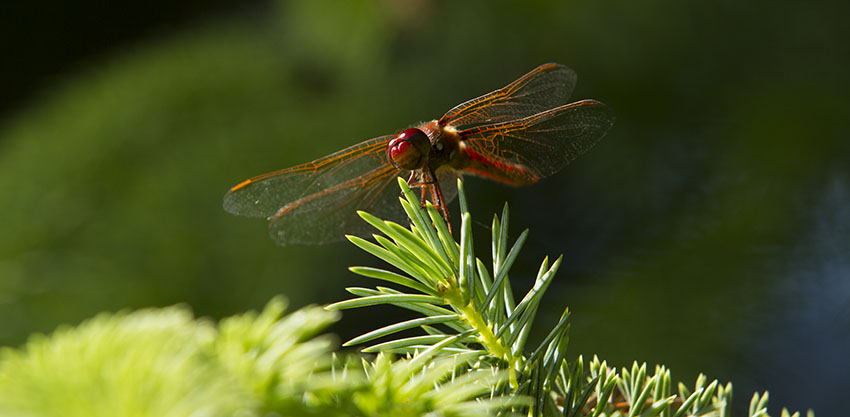
The outstanding characteristic of perception is that it entails no consumption and no dilution of any resource.

There are two things that interest me: the relation of people to each other, and the relation of people to land.
Comments